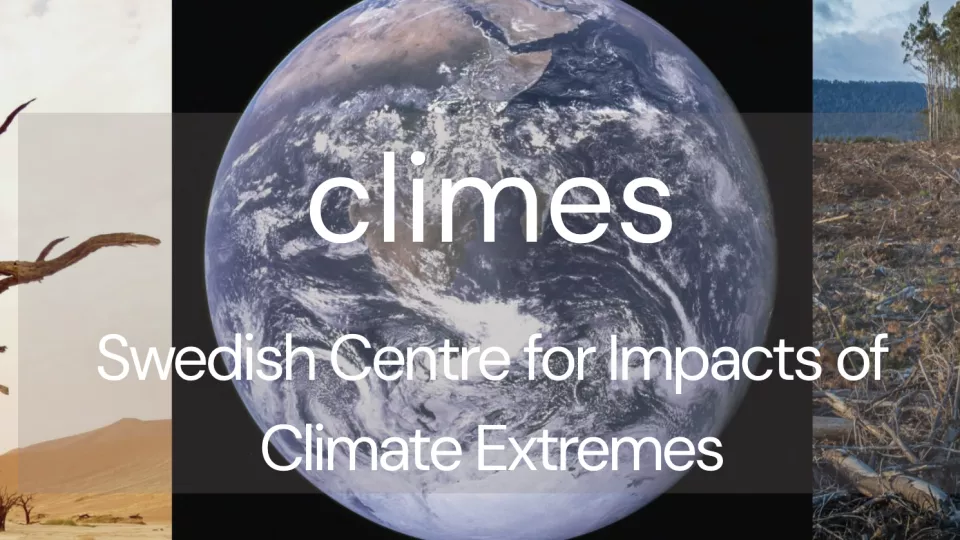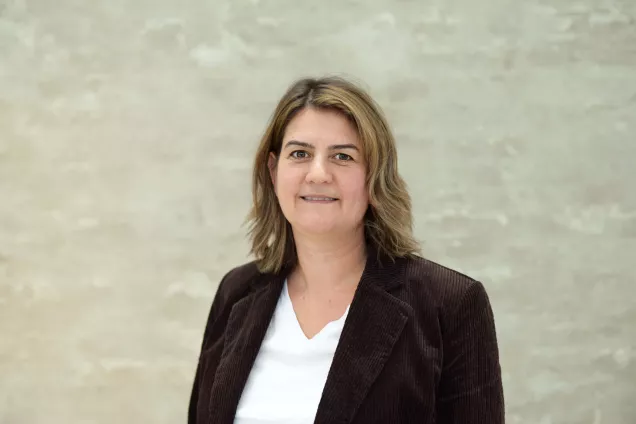The centre will bridge the physical, medical, social and engineering sciences and focuses on three overarching themes: compiling data on impacts of climate extremes; investigating the societal and physical interplays determining the impacts of an extreme; and building policy-actionable scenarios of impacts of future extremes.
Emily Boyd is excited about the upcoming work, and her role as Co-Director.
– I hope that CLIMES will pave the way for a new generation of interdisciplinary researchers with skills to collaborate and with experience of doing high quality research.
She continues:
– In addition to supporting new researchers, CLIMES represents an opportunity to explore collaborations and novel connections with colleagues working on data, AI, and health dimensions of climate impacts. I am exited about the interdisciplinarity nature of this work. Critical to all of this is the ethics of how we research these questions and create actional science.
In her new role, Emily Boyd will specifically focus on social dimensions of climate extremes, and how society interplays with the physicals aspects determining the impacts of extremes.
– In other words, I will build on a long track of work on adaptation and social resilience. My focus will be to foster understanding on what is a disaster under climate change? How can we disentangle the social and vulnerabilty drivers? And how do we better understand the situated nature of losses and damages within a wider context of systemic inequality, power and plausible policy actionable futures?
Read more about CLIMES on www.climes.se

